Home>Home Maintenance>Why Should A Buyer Not Share The Inspection Report With The Seller?
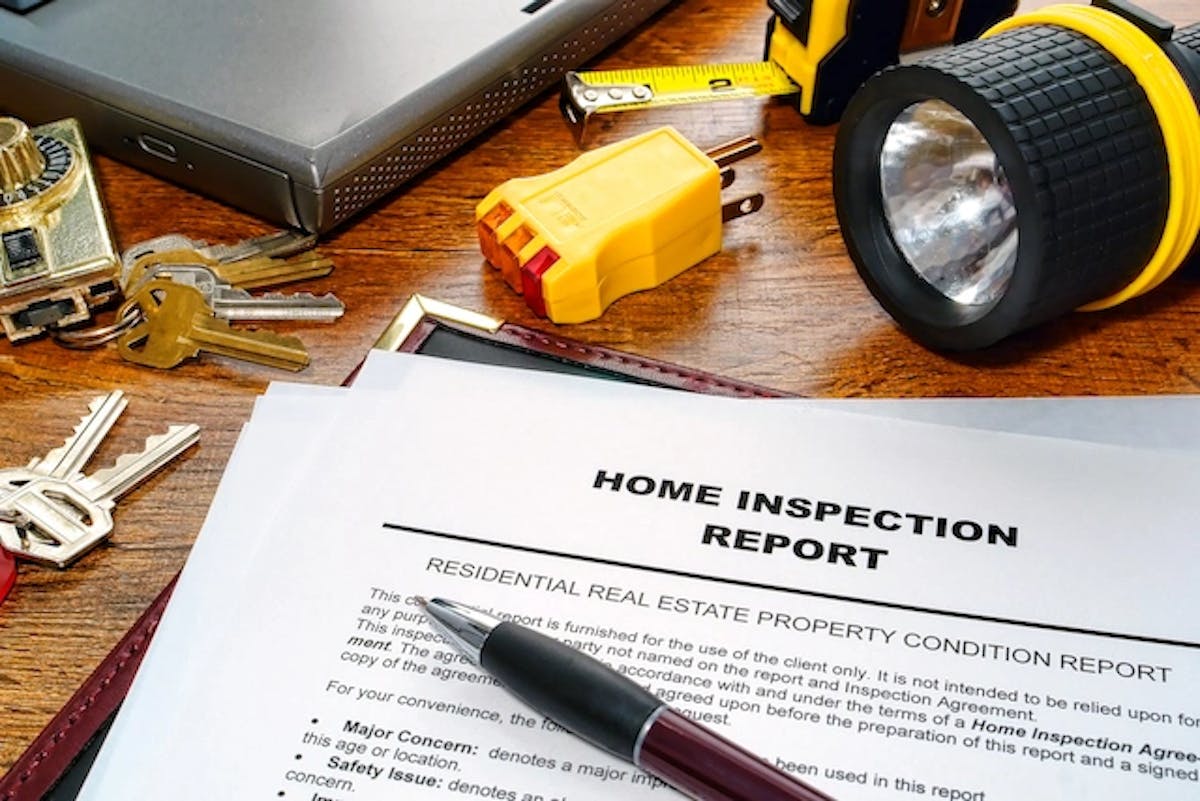

Home Maintenance
Why Should A Buyer Not Share The Inspection Report With The Seller?
Modified: March 6, 2024
Learn why sharing the home inspection report with the seller is not recommended for buyers. Understand the importance of maintaining confidentiality during the home buying process and protecting your interests.
(Many of the links in this article redirect to a specific reviewed product. Your purchase of these products through affiliate links helps to generate commission for Storables.com, at no extra cost. Learn more)
Introduction
When it comes to purchasing a home, the inspection process plays a critical role in ensuring the buyer’s interests are protected. A thorough inspection uncovers potential issues or problems with the property, allowing the buyer to make an informed decision. However, when it comes to sharing the inspection report with the seller, caution should be exercised.
Sharing the inspection report with the seller may seem like a transparent and fair approach, but it can actually be detrimental to the buyer. In this article, we will explore the reasons why a buyer should not share the inspection report with the seller and understand the importance of preserving negotiating power and protecting their own interests throughout the home-buying process.
Key Takeaways:
- Keep the inspection report secret to protect your interests and negotiate from a position of strength. This ensures a fair deal and prevents the seller from taking advantage of you.
- By not sharing the report, you can make informed decisions, avoid conflicts of interest, and maintain your privacy. This gives you control over the home-buying process and protects your personal information.
Protecting Buyer’s Interests
One of the main reasons a buyer should refrain from sharing the inspection report with the seller is to protect their own interests. The inspection report contains valuable information about the condition of the property, including any potential defects or necessary repairs. By keeping this information confidential, the buyer can maintain control over the negotiation process.
When the seller is made aware of all the issues mentioned in the inspection report, they may use this information to their advantage. They could potentially downplay the severity of the problems or even refuse to make necessary repairs. By withholding the inspection report, the buyer can control the flow of information and ensure that their interests are not compromised.
Furthermore, sharing the inspection report can limit the buyer’s ability to negotiate. If the seller is aware of all the defects and necessary repairs, they may be less willing to make concessions or reduce the price of the property. By keeping the inspection report confidential, the buyer can maintain their leverage in negotiations and have a better chance of reaching a favorable outcome.
In addition, by keeping the inspection report private, the buyer has the opportunity to conduct their own investigation and seek professional advice. They can consult with contractors or specialists to get a more accurate assessment of the repairs and their associated costs. This allows the buyer to make an informed decision and avoid potential conflicts of interest that may arise if the seller is involved in the evaluation process.
Ultimately, protecting the buyer’s interests throughout the home-buying process is crucial. By keeping the inspection report confidential, the buyer can ensure that the necessary repairs and negotiations are conducted in a manner that is fair and beneficial to them.
Preserving Negotiating Power
Preserving negotiating power is another important reason why a buyer should not share the inspection report with the seller. The information contained in the report can provide the buyer with valuable leverage to negotiate a better deal, whether it’s in terms of price negotiations or requesting repairs.
By keeping the inspection report confidential, the buyer can maintain control over the disclosure of information. This puts them in a favorable position during negotiations, as they can selectively reveal specific issues mentioned in the report that they believe would give them an advantage. Sharing the entire report with the seller could potentially weaken the buyer’s position and limit their ability to negotiate on key areas.
Furthermore, withholding the inspection report allows the buyer to assess the extent of the necessary repairs and negotiate accordingly. They can prioritize the repairs that are most important to them and use the report as a basis for requesting concessions from the seller. By strategically presenting the necessary repairs, the buyer can maximize their negotiating power and potentially secure a better outcome.
Additionally, by keeping the inspection report private, the buyer can have the upper hand in requesting seller concessions. For example, if the inspection report highlights significant structural issues or major system failures, the buyer can use this information to push for a lower purchase price or negotiate for the seller to cover the cost of repairs. This level of negotiating power can lead to significant savings and a more favorable outcome for the buyer.
Overall, preserving negotiating power is essential for a buyer to secure the best possible deal. By keeping the inspection report to themselves, buyers can strategically use the information to their advantage, negotiate for repairs or price reductions, and ultimately achieve a more favorable outcome.
Avoiding Potential Conflict of Interest
Sharing the inspection report with the seller can introduce a potential conflict of interest that may hinder the buyer’s position. The seller, upon receiving the report, may feel obligated to dispute or downplay the issues in order to protect their own interests. This can lead to a contentious negotiation process and may even derail the entire transaction.
By keeping the inspection report confidential, the buyer can avoid any potential conflicts of interest that could arise. It allows them to independently assess the condition of the property and make decisions based on their own evaluation and research. This ensures that the buyer’s best interests are protected without any external influences or biases from the seller.
Moreover, sharing the inspection report with the seller may lead to a breakdown in trust between the buyer and the seller. If the inspection highlights numerous issues or significant repairs, the seller may question the buyer’s seriousness about purchasing the property. This can create tension and strain the relationship between the parties involved, making negotiations and reaching a mutually agreeable resolution more challenging.
Keeping the inspection report confidential also allows the buyer to seek their own professional advice and opinions. Rather than relying solely on the seller’s assessment of the property’s condition, the buyer can consult with their own experts to ensure a fair and thorough evaluation. This independent evaluation increases the buyer’s confidence and reduces the risk of being misled or influenced by the seller’s perspective.
Avoiding potential conflict of interest is crucial in ensuring a smooth and transparent home-buying process. By keeping the inspection report confidential, the buyer can avoid unnecessary disputes, maintain the trust between the parties, and make informed decisions based on their own independent evaluation of the property.
Keeping Leverage in Negotiations
One of the key reasons why a buyer should not share the inspection report with the seller is to maintain leverage in negotiations. The inspection report provides valuable information about the condition of the property, which can be used strategically during the negotiation process.
By keeping the inspection report confidential, the buyer retains control over what information is revealed and when. This allows them to strategically present the findings that are most advantageous to their position. For example, if the report indicates major repairs or safety concerns, the buyer can use this information to negotiate for a lower purchase price or to require the seller to make necessary repairs before moving forward with the transaction.
Sharing the entire inspection report with the seller may weaken the buyer’s negotiating power. The seller may become aware of all the issues mentioned in the report and may be less willing to negotiate or make concessions. By withholding the report, the buyer maintains control over the flow of information, allowing them to negotiate from a position of strength.
In addition, by keeping the inspection report private, the buyer can avoid revealing their entire negotiating strategy to the seller. Sharing the report may provide the seller with insights into the buyer’s priorities and areas where they may be willing to compromise. By selectively disclosing information, the buyer can maintain an element of surprise and hold onto their leverage during negotiations.
Maintaining leverage in negotiations is crucial for securing the best possible deal. By keeping the inspection report confidential, the buyer can strategically use the information to their advantage and negotiate from a position of strength. This ensures that the buyer can achieve their desired outcome, whether it’s a lower price, repairs made by the seller, or other concessions.
It is not recommended for a buyer to share the inspection report with the seller because it could weaken their negotiating position. The report may reveal issues that the seller was not aware of, and sharing it could give the seller an advantage in negotiations.
Preventing Exploitation by Seller
Another important reason why a buyer should not share the inspection report with the seller is to prevent potential exploitation. Sharing the report gives the seller access to valuable information that they can use to their advantage, potentially putting the buyer at a disadvantage in the negotiation process.
The seller, upon reviewing the inspection report, may become aware of the property’s issues and defects. This knowledge can lead to the seller attempting to exploit the buyer’s concerns by minimizing the severity of the problems or refusing to make necessary repairs. By keeping the inspection report confidential, the buyer maintains control over the information and avoids falling prey to such tactics.
Furthermore, sharing the inspection report may allow the seller to manipulate the situation in their favor. They may use the report to assert that they disclosed all the known issues and place the burden of responsibility on the buyer. This can weaken the buyer’s position and make it more difficult to negotiate for repairs or a lower purchase price.
By keeping the inspection report private, the buyer can conduct their own independent evaluation and gather additional information if necessary. This ensures that they have a comprehensive understanding of the property’s condition without relying solely on the seller’s representations. It also protects the buyer from being deceived or manipulated by the seller’s attempts to downplay or hide issues that may exist.
In essence, not sharing the inspection report with the seller safeguards the buyer’s interests and prevents potential exploitation. It allows the buyer to maintain control over the negotiation process and make informed decisions without being swayed by the seller’s attempts to manipulate the situation for their own benefit.
Ensuring Thorough Evaluation of the Property
Another important reason why a buyer should not share the inspection report with the seller is to ensure a thorough evaluation of the property. By keeping the report confidential, the buyer can conduct their own independent assessment and seek professional advice to get a comprehensive understanding of the property’s condition.
When the buyer shares the inspection report with the seller, it limits the opportunity for the buyer to conduct their own investigation and evaluation. By having full access to the report, the seller may influence the buyer’s perception and evaluation of the property, potentially leading to biased or incomplete assessments.
By keeping the inspection report private, the buyer can consult with contractors, engineers, or other experts to get a more accurate evaluation. These professionals can provide valuable insights into the issues identified in the report, assess the severity of the problems, and offer recommendations for repairs or maintenance.
In addition, without sharing the report, the buyer can take the necessary time to thoroughly inspect the property themselves. They can carefully examine each area, assess any potential risks or concerns, and make observations that may not have been included in the initial inspection report.
By ensuring a thorough evaluation of the property, the buyer can have a clearer understanding of its condition and make informed decisions. This allows them to either proceed with the purchase as planned, negotiate repairs or concessions, or even reconsider their decision, depending on the findings.
Ultimately, by keeping the inspection report confidential, the buyer can ensure they have all the necessary information to make an informed decision about the property’s condition. This enables them to conduct a thorough evaluation, seek expert advice, and make choices that align with their needs and preferences.
Maintaining Privacy and Confidentiality
Maintaining privacy and confidentiality is a crucial aspect of the home-buying process, and it is another significant reason why a buyer should not share the inspection report with the seller. Keeping the report confidential helps protect the buyer’s privacy and ensures that sensitive information about the property and its condition remains private.
Sharing the inspection report can give the seller access to personal and confidential information about the buyer. The report may contain the buyer’s contact details, financial information, and other potentially sensitive data. By not sharing the report, the buyer can maintain their privacy and prevent unauthorized access to their personal information.
Besides personal data, the inspection report may also contain proprietary information that the buyer does not wish to disclose to the seller. This could include details about the buyer’s future plans for the property, potential renovations, or other confidential strategies. By keeping the report confidential, the buyer can protect their intellectual property and maintain control over the strategic decisions they plan to make.
Furthermore, confidentiality is important to preserve the integrity of the negotiation process. By not sharing the inspection report, the buyer can prevent information from being leaked to third parties who may have a stake in the transaction. This avoids potential interference or manipulation from parties who could exploit the information for their own benefit.
Keeping the inspection report confidential also helps maintain trust and transparency between the buyer and their real estate agent. The agent is entrusted with sensitive information about the buyer’s preferences, budget, and priorities. By not sharing the report with the seller, the buyer can ensure that their agent can effectively advocate for their best interests.
Overall, maintaining privacy and confidentiality is crucial throughout the home-buying process. By not sharing the inspection report with the seller, the buyer can protect their personal information, preserve their strategic decisions, uphold the integrity of negotiations, and safeguard the trust between themselves and their real estate agent.
Conclusion
In conclusion, it is highly advisable for a buyer not to share the inspection report with the seller during a home-buying process. By keeping the report confidential, the buyer can protect their interests, preserve negotiating power, avoid potential conflicts of interest, maintain leverage in negotiations, prevent exploitation by the seller, ensure a thorough evaluation of the property, and maintain privacy and confidentiality.
Protecting the buyer’s interests is of utmost importance when purchasing a home. By withholding the inspection report, the buyer can effectively control the flow of information and ensure that their negotiating position is not compromised. This allows them to make informed decisions and negotiate for repairs or price reductions that align with their needs and preferences.
Avoiding potential conflicts of interest is essential to maintain transparency and trust throughout the home-buying process. By conducting an independent evaluation and seeking professional advice, the buyer can ensure a thorough assessment of the property’s condition without the risk of being misled or manipulated by the seller’s representation.
Maintaining privacy and confidentiality is also critical, both in protecting personal information and preserving the integrity of negotiations. By keeping the inspection report confidential, the buyer can maintain control over their personal data and strategic decisions, as well as foster trust between themselves and their real estate agent.
In summary, by not sharing the inspection report with the seller, a buyer can protect their interests, effectively negotiate for repairs or concessions, make informed decisions, and maintain control over the home-buying process. It is crucial for buyers to prioritize their own interests and ensure a fair and mutually beneficial transaction.
Frequently Asked Questions about Why Should A Buyer Not Share The Inspection Report With The Seller?
Was this page helpful?
At Storables.com, we guarantee accurate and reliable information. Our content, validated by Expert Board Contributors, is crafted following stringent Editorial Policies. We're committed to providing you with well-researched, expert-backed insights for all your informational needs.



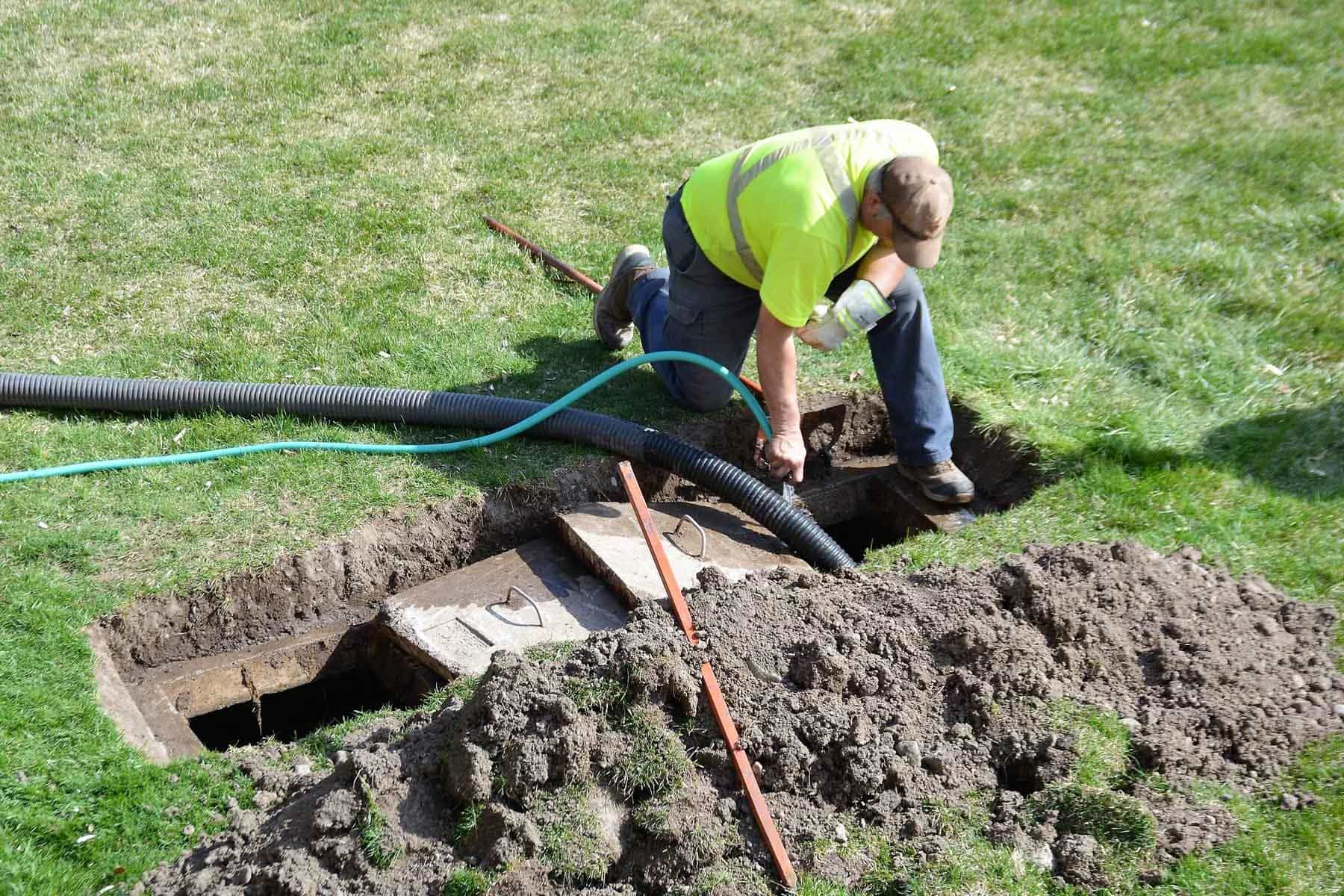
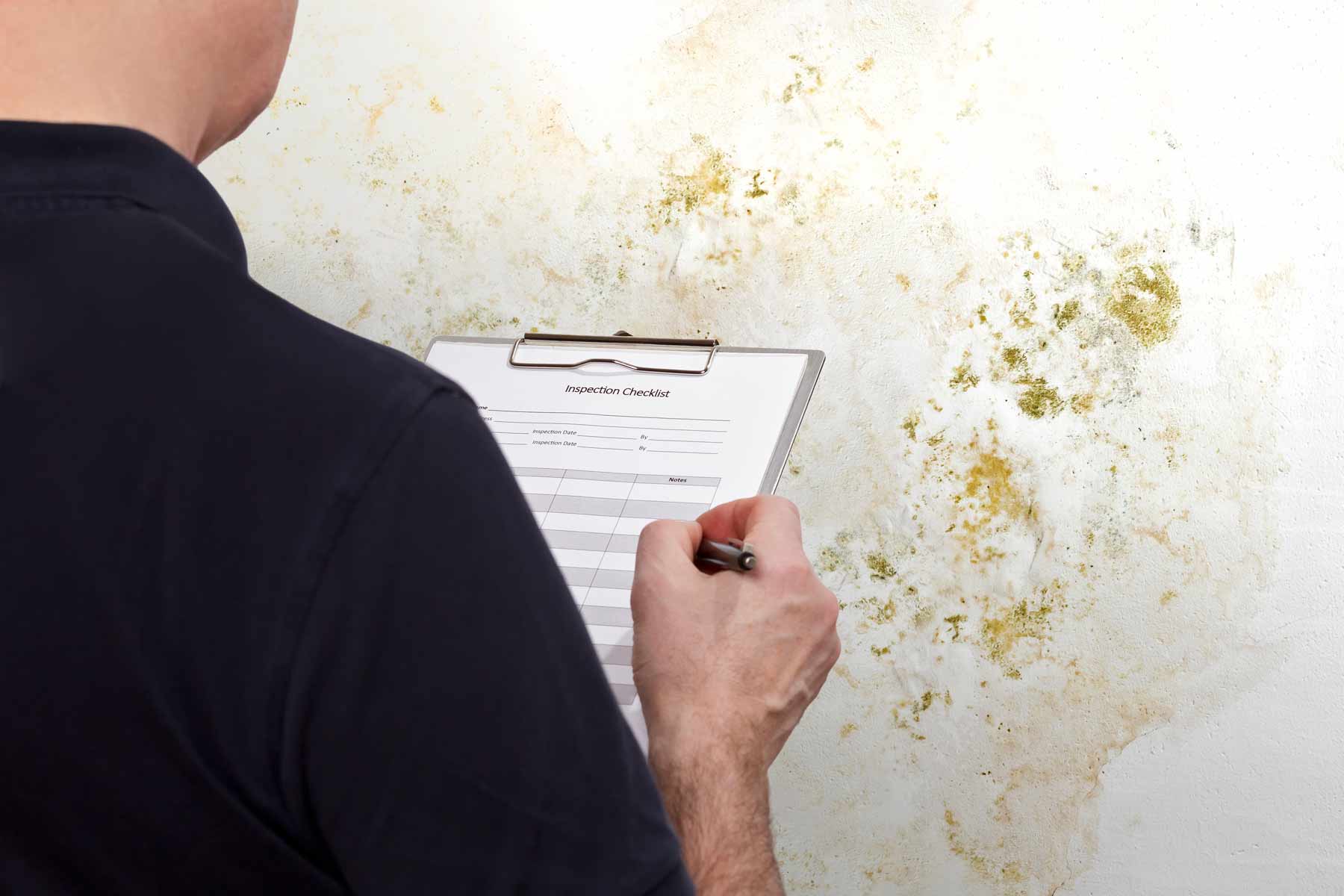




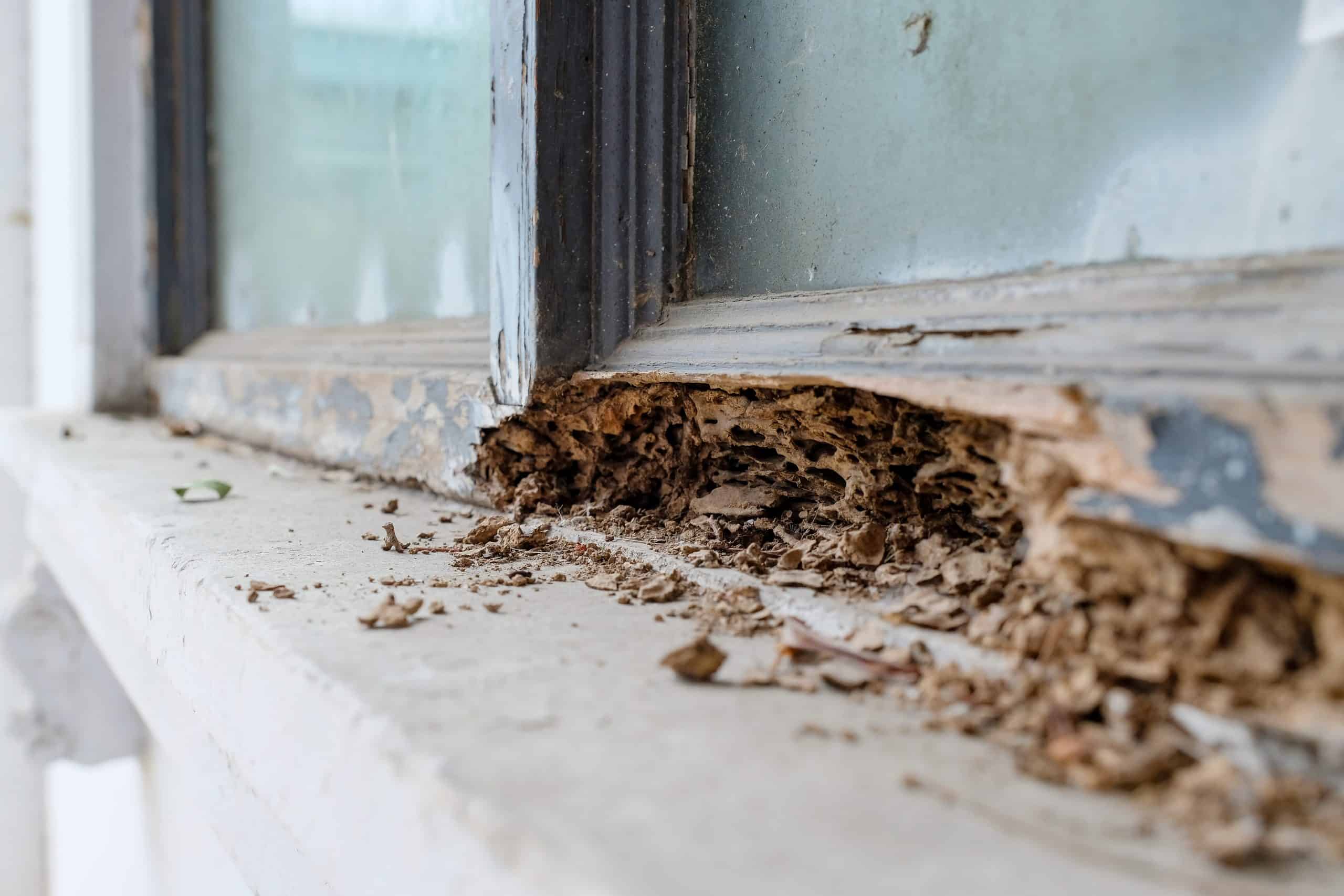
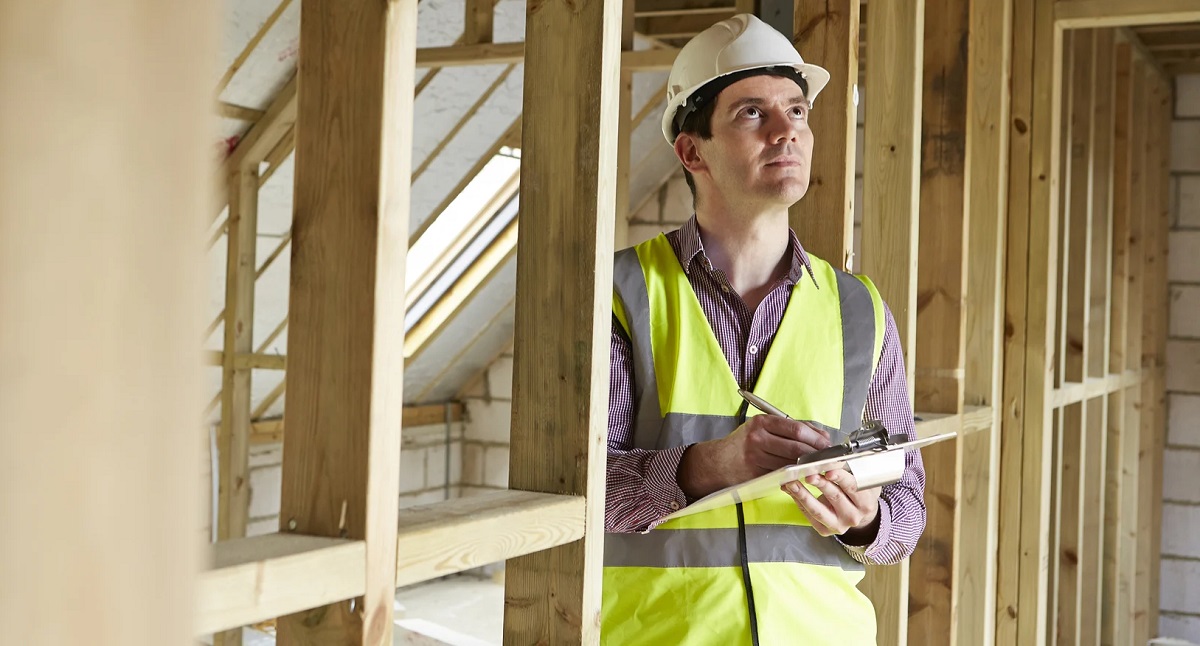
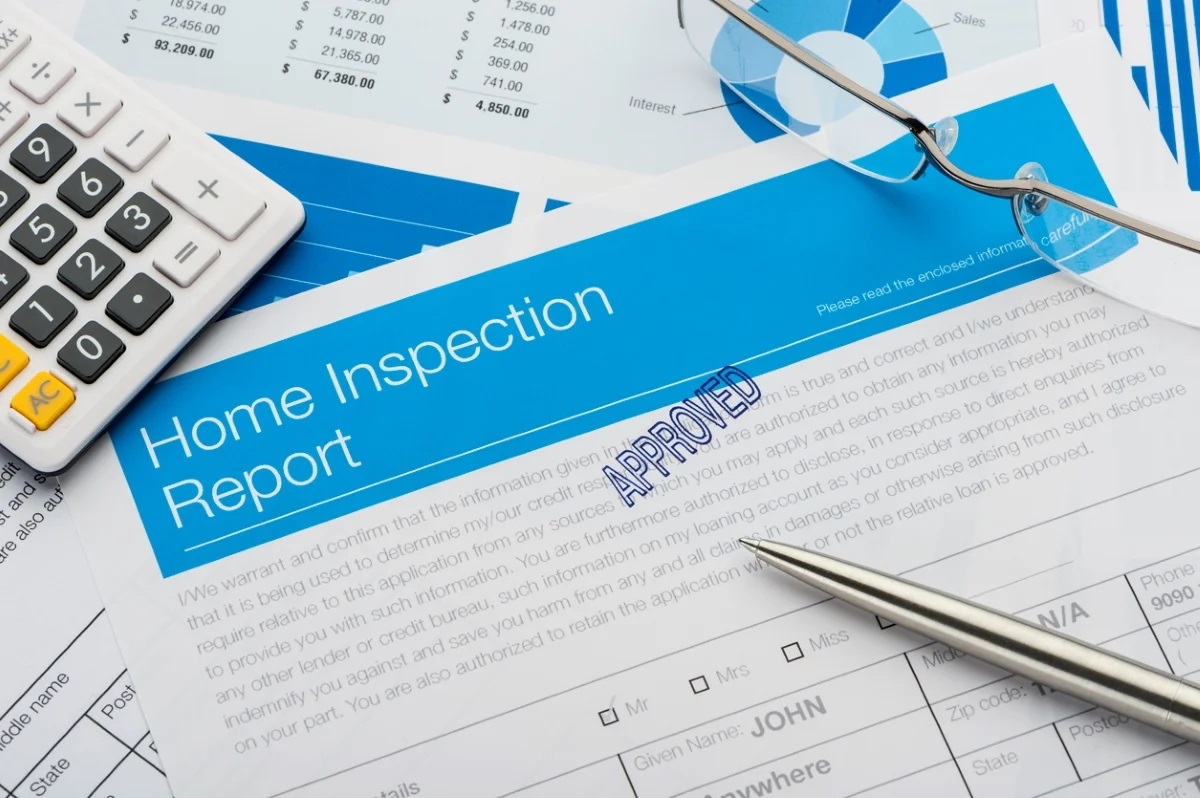



0 thoughts on “Why Should A Buyer Not Share The Inspection Report With The Seller?”